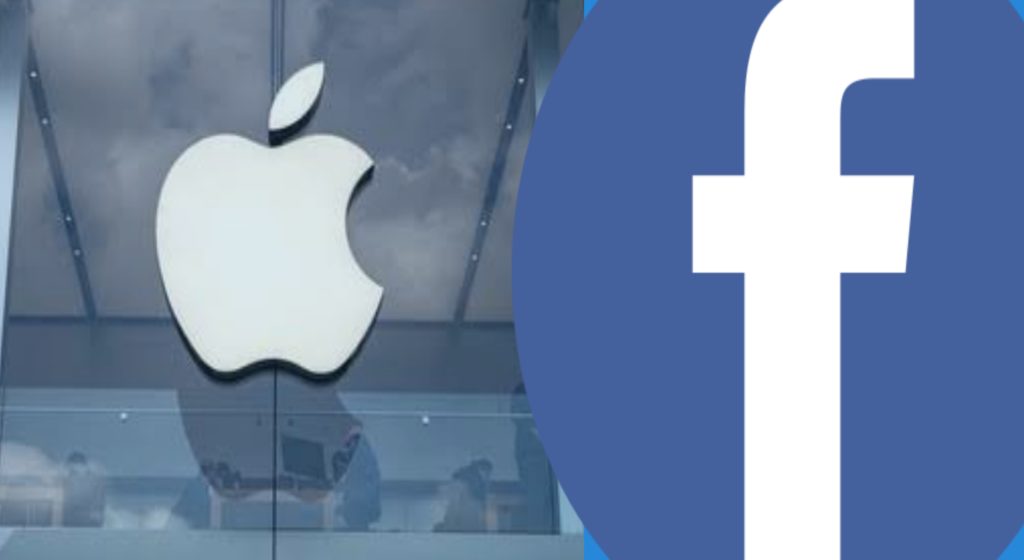According to Inc. Technology’s Jason Aten, this is bad news for Mark Zuckerberg. Especially when Apple decides to continue with its AR glasses innovation.
Even though the metaverse isn’t something that will have any tangible effect on anyone’s life for a half-decade or so (if ever), it seems as though every tech company is worried about missing out on Mark Zuckerberg’s virtual reality fantasy world.
You might recall his video keynote explaining how great it will be when we all strap an Oculus Quest 2 to our faces and live our lives in a digital reality instead of in the real world.
As for the tech companies, no one wants to get left behind. Or, at a minimum, no one wants to miss a chance to capitalize on the hottest buzzword of the moment.
He was at the Consumer Electronics Show last week, and the one thing that was hard to miss–aside from the number of companies that bailed on attending in-person–was how much the companies that did show up wanted to talk about the metaverse. The metaverse was everywhere, which, I guess, is appropriate for what is supposed to be a more immersive version of the internet.
There’s a notable exception, however. Apple, according to Bloomberg’s Mark Gurman, has no interest in being a part of an immersive virtual world where people spend all of their time doing everything from work, attending school, watching a movie with friends, or playing games, virtually.
Gurman says Facebook’s vision is “off-limits” at Apple. In fact, Apple’s vision is for the opposite–augmented reality glasses that don’t “take anyone out of their real environment.”
That’s important because Apple has been widely reported to be working on a headset. Analysts, including Gurman, have suggested an initial model could ship this year.
Despite the fact that Apple is technically playing catchup to the handful of companies already making headsets, there’s really no question that whatever it introduces will be a major player. That’s a problem for Zuckerberg and his dream because Apple is going to be a major player in augmented reality glasses.
That doesn’t mean its product is guaranteed to be a hit, but it’s one of few companies that have the expertise, engineering chops, and resources to build something that consumers might actually want to use. And Apple, not surprisingly, wants nothing to do with Facebook’s metaverse.
The two companies have battled over user privacy for years, with the issue coming to a head with Apple’s release of iOS 14.5, which required developers to request permission before tracking users. Facebook’s business, which is built on its ability to track users and then show them personalized ads based on the information it collects, has taken a measurable hit.
The entire reason Zuckerberg is so invested in making the metaverse a real thing is because he’s so frustrated about having to play by Apple’s rules. Apple controls the most important platform in the world–the iPhone. Sure, there are other smartphones, most of them running Google’s Android software, but it’s the iPhone that commands the most attention.
That means that Zuckerberg is at the mercy of Apple (and Google) and their rules about what Facebook can do, and what information it’s able to collect. By building the metaverse, Facebook and Zuckerberg hope to have their own platform, one that isn’t constrained by outside forces.
It’s also worth mentioning that Facebook’s pivot to the metaverse–it even changed its name to Meta–was mostly meant to distract people from the onslaught of controversy and criticism it facedamidf a series of scathing revelations from whistleblower Frances Haugen. On some level, it appears to have worked. Everyone wants a piece of the metaverse, or Web 3.0, or whatever you want to call the vision of an internet where we spend all of our time in Zoom meetings on steroids.
But, in Apple’s version, AR glasses are something you might wear for specific purposes. You might wear them when you drive to get directions, or while you’re working.
You won’t wear them all day, and you won’t use them to do all the things you currently do on your phone. If Applecano pulls off its version, that’s very bad news for Facebook. Then again, that might be the best news for the rest of us. So let’s be on the lookout to see how this unfolds.



